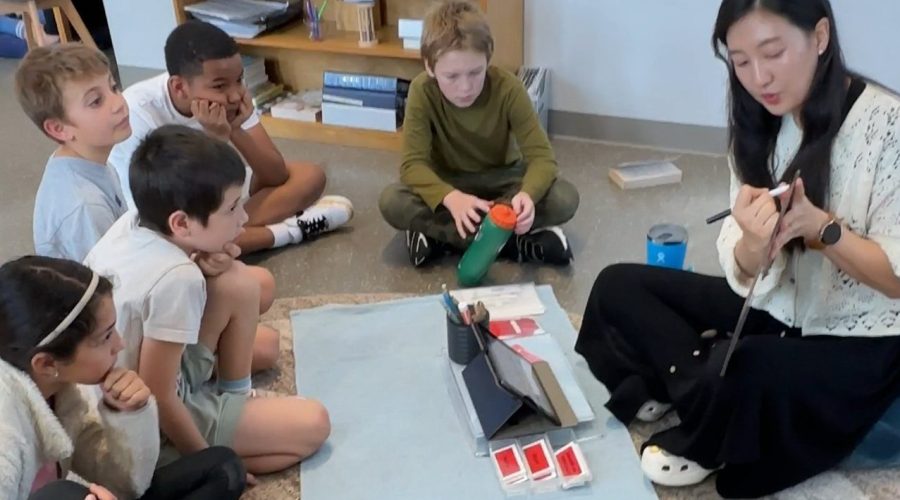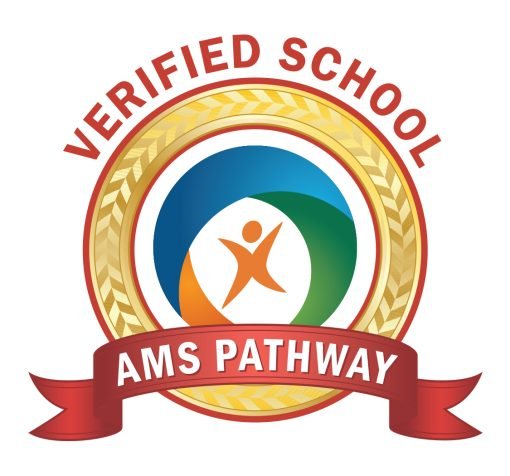The Montessori method is a unique, globally recognized educational approach developed by Dr. Maria Montessori over a century ago. This educational philosophy fosters the holistic development of children, empowering them to flourish as independent thinkers and lifelong learners. Unlike conventional education, Montessori education offers a nurturing and tailored environment that addresses many of the challenges found in traditional public education settings.
This comparison highlights the key differences between Montessori and conventional education, focusing on how the Montessori approach best supports elementary-aged learners (ages 6-12) and the benefits it offers.
Individualized Learning Approach
One of the hallmarks of Montessori education is its emphasis on individualized learning. Traditional education often follows a one-size-fits-all model, expecting students to progress at the same pace and conform to predetermined standards. This uniformity can sometimes stifle creativity and hinder the development of students with unique strengths and interests.
In Montessori education, each child’s learning journey is personalized. Montessori teachers act as facilitators, guiding students through a curriculum tailored to their individual needs, interests, and learning styles. This approach allows children to progress at their own pace, fostering a deep sense of engagement and a genuine love for learning. By honoring each child’s unique potential, Montessori education promotes both academic excellence and personal growth.
Focus on Practical Life Skills
Practical life skills are another cornerstone of Montessori education. While traditional education often prioritizes academic achievement, it may overlook the importance of skills necessary for daily life and independent functioning.
In Montessori classrooms, practical life activities such as cooking, cleaning, gardening, and organizing are integral to the curriculum. These hands-on experiences not only develop fine and gross motor skills but also instill a sense of responsibility, independence, and self-sufficiency. By engaging in real-world tasks, children learn to take ownership of their environment and contribute meaningfully to their communities.
Joyful Learning and Freedom of Exploration
The joy of learning can sometimes be overshadowed in traditional educational settings by rigid curriculums and a heavy emphasis on standardized testing. These constraints may limit students’ curiosity and creative expression.
Montessori education, on the other hand, places a strong emphasis on joyful learning and discovery. Classrooms are thoughtfully designed to inspire exploration and creativity. Montessori materials and activities are carefully chosen to capture children’s interest and encourage hands-on engagement. This approach not only supports academic knowledge but also nurtures a lifelong passion for learning.
Safe and Nurturing Environment
Safety and inclusivity are significant concerns in many public educational settings, where issues like bullying and social isolation can impact students’ well-being. Montessori education prioritizes creating a safe and nurturing environment. Mixed-age classrooms foster peer-to-peer learning, collaboration, and empathy. Older students act as mentors, while younger students benefit from their guidance. This structure helps build a sense of community and mutual respect, ensuring that children feel valued and secure.
Teacher Fulfillment and Effectiveness
Teachers play a critical role in shaping students’ educational experiences. In traditional settings, educators often face pressure to adhere to standardized tests and inflexible curriculums, which can lead to burnout and frustration.
Montessori education offers a refreshing alternative by empowering teachers to serve as guides and facilitators. This role allows educators to connect deeply with their students, nurturing their curiosity and witnessing their growth. As a result, Montessori teachers often find greater fulfillment and motivation in their work, which positively impacts the classroom environment.
The Montessori Elementary Experience
Montessori House, a family-owned and operated school since 2006, provides a continuum of Montessori education for ages 16 months through 6th grade. As an AMS Verified School committed to continuous improvement, our focus on Montessori authenticity cultivates joyful, self-motivated, and confident learners. We’re not just educating; we’re shaping future leaders. Our approach fosters curiosity, independence, and self-motivated learning, valuing the whole child—emotionally, socially, ethically, and academically. Students thrive in an environment that recognizes unique talents, providing opportunities for them to achieve their highest potential. Ideal students come from families who value holistic education, embrace cultural diversity, and have a natural enjoyment of learning and self-motivation.




